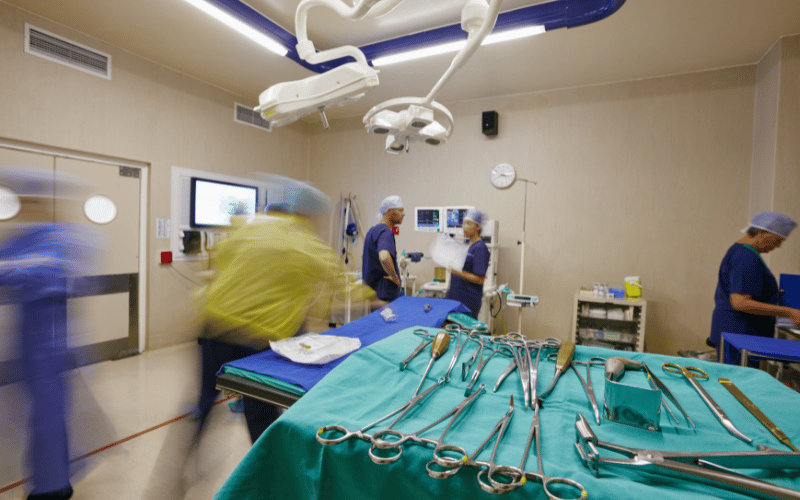4. Surgery Complications: The Unintended Fallout

Going under the knife can save lives, but sometimes it leaves unintended side effects, like gastroparesis. How does this happen? It’s typically a story of collateral damage. While addressing one issue, surgeons may inadvertently damage the vagus nerve, which, as we’ve already covered, is critical for stomach function.
The most common culprits are surgeries related to the stomach and esophagus. During these procedures, the vagus nerve can get nicked, severed, or otherwise damaged. Think of it as accidentally cutting a wire while trying to fix a circuit; the entire system goes haywire.
A unique aspect of surgery-induced gastroparesis is that it can be temporary. Once the surgical wounds heal, and inflammation subsides, you might find your stomach slowly getting back to its old self. But this isn’t a guarantee; for some, the damage is irreversible.
Another layer to this cause is the type of surgery. Gastric bypass surgeries, for example, can lead to ‘dumping syndrome,’ where food moves too quickly from the stomach to the small intestine. Ironically, this rapid emptying can sometimes swing to the other extreme, turning into gastroparesis.
Surgery-induced gastroparesis raises ethical and medical questions around the risk and reward of surgical intervention. When a solution to one problem creates another, it puts both healthcare providers and patients in a difficult spot. (4)